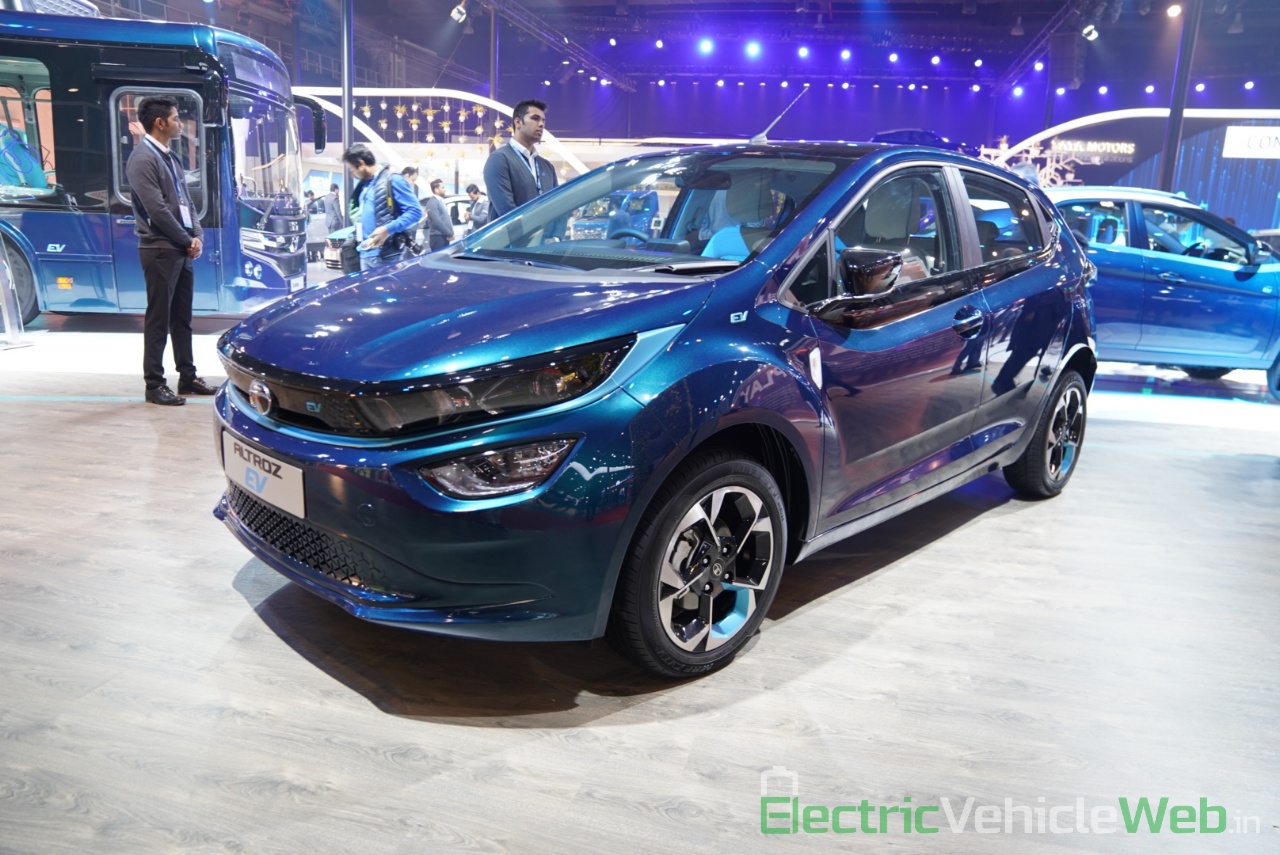Electric vehicles launched in India in 2020 were received incredibly well. The Rs 20+ lakh MG ZS EV raked in 2409 orders within days, the Rs 1.15+ lakh Bajaj Chetak reportedly had 2000 orders in 15 days from the two cities it launched in, while the Rs 13.99+ lakh Tata Nexon EV had evoked a “tremendous” response. Then came the Coronavirus.
However there are plenty of myths that need to be broken regarding EVs says Mr Anand Kulkarni, Vehicle Line Director, Product Line Electric Vehicle Business (Passenger Cars) at Tata Motors, in an interaction with MotorOctane on Instagram.com.
I would say in terms of challenges, there are a lot of myths around the electric vehicles still. One of the biggest myths that we all need to break is that EVs have poor range. In reality, most people do not drive more than the range of their EVs on a daily basis. In many cases, for example, the range provided in the cars today is equivalent to a week’s drive for most people. In fact, the range is quite adequate for the Pune-Mumbai run and before the lockdown, I used to travel to Bombay whenever I went to Bombay House for meetings in an EV and it used to be very comfortable to drive in the morning and back in the evening. There was absolutely no problem.
The second problem that people have is with the location of the charger and charger network. This is another anxiety associated with range and with Tata Power we are setting up a very strong network of fast chargers in various cities within the country.
Thirdly, there is a fear that EVs aren’t durable. It’s a new technology and with a rapidly evolving technology, there’s always a fear of obsolescence and a fear of being left behind – what if something new comes up. I want to say that EVs are absolutely durable – the electric motors, drives, batteries have a long life. They are all tested to make sure that durability isn’t a problem. Today we have IP67 battery which can sustain floods and wade through water. For wading through water, an electric car could be better off than an IC engine car.
Then there’s a fear that if there’s technology obsolescence, then what about my cost of maintenance and the cost of sustenance. Again, in that case, EVs win because the cost of running an electric vehicle is sometimes up to 1/4th or 1/5th the cost of an IC engine vehicle. Therefore there’s absolutely no problem with that.
Lastly, I think there’s a perception that EVs lack performance and the reason for that is the cars that most people in our country have been experiencing are functional so far. I think with the new breed of vehicles that have been launched including the Nexon EV, that myth has been busted for sure. We can now boast of a performance which is better than equivalent IC engine cars and it is seamless, noiseless and refined. I think as more people get used to electric cars, gradually these perceptions will change and these challenges will hopefully drop down.
Mr Anand Kulkarni, Vehicle Line Director, Product Line Electric Vehicle Business (Passenger Cars) at Tata Motors
Before the COVID-19 shutdown, Tata Motors had plans for four EV launches within 2 years, apart from the Tata Nexon EV. These include the Tata Altroz EV, the Tata HBX EV, an electric sedan and another electric SUV. Some of the rollouts are likely to be pushed back as demand for vehicles has hit a roadblock and India is staring at an economic recession.

![Will the launch of the Tata HBX EV get pushed to 2023? [Update]](https://electricvehicleweb.com/wp-content/uploads/2020/12/Tata-HBX-H2X-Hornbill-interior-dashboard-spy-shot-350x166.jpg)
![Everything we know about the upcoming Tata Altroz EV [Update]](https://electricvehicleweb.com/wp-content/uploads/2020/02/Tata-Altroz-EV-side-view-1-Auto-Expo-2020-350x234.jpeg)
![New Tata Safari a serious candidate for an electric vehicle [Update]](https://electricvehicleweb.com/wp-content/uploads/2021/02/Tata-Safari-EV-350x242.jpg)